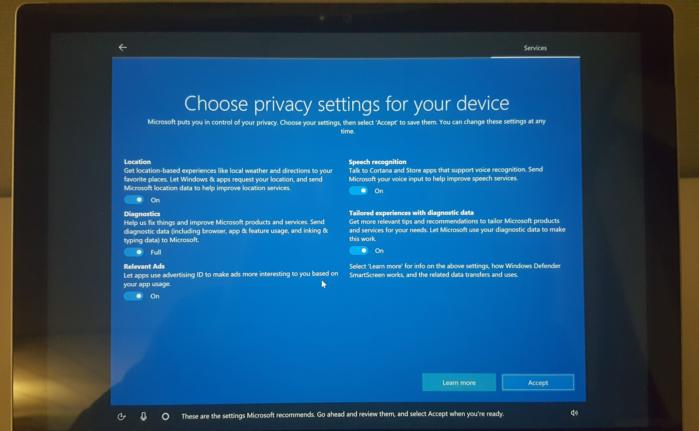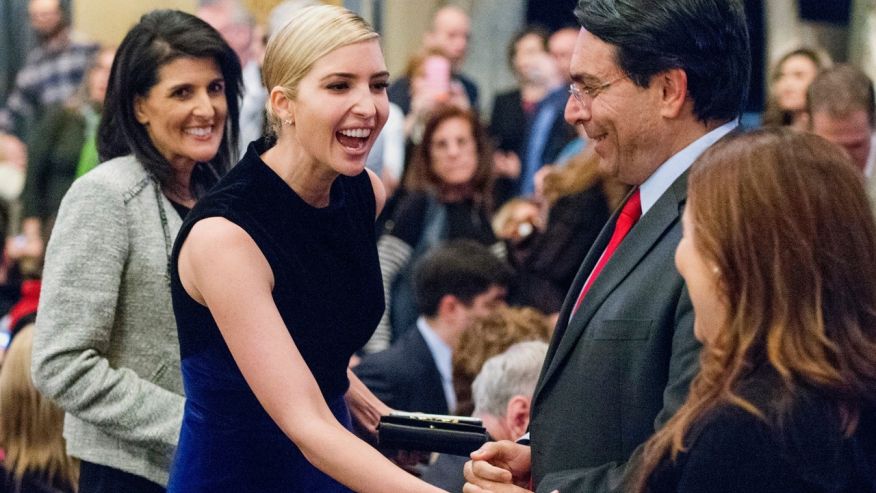Microsoft just announced that the Windows 10 Creators Update will start rolling out on April 11, building upon the foundation laid by vanilla Windows 10 and its subsequent “November” and “Anniversary” updates. While not every feature that Microsoft promised at the Creators Update’s reveal last fall actually made the final cut, it’s still overflowing with helpful new extras that polish rough edges and just plain make things more fun.
You’ll need to read PCWorld’s comprehensive Windows 10 Creators Update review for our hands-on impressions, or PCWorld’s mammoth Creators Update roundup for nitty-grittier feature details, but here are the five biggest changes you’ll encounter when it rolls out to your device.































